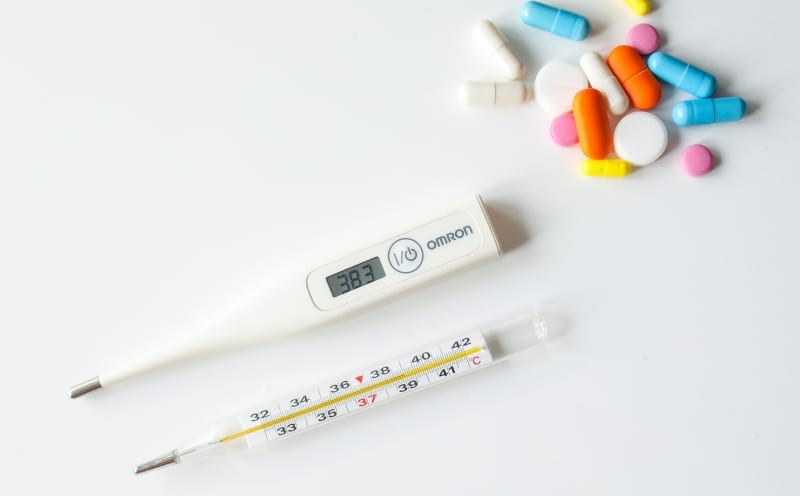Bonnie Smith, General Manager FCM Travel Solutions, shares these five tips to help business travellers navigate their journey under a variety of COVID-19 restrictions.
1. Get comprehensive travel insurance
Travel insurance is not required, but Smith recommends you look for one that covers the cost of COVID-19 testing and the possible 10-day quarantine, medical care, evacuation, as well as trip cancellation and delay.
2. Make sure you know what you need
For a smooth journey, you need to know the protocols both for South Africa and your destination country.
For example, when you return to South Africa the following requirements must be met:
- Present a negative COVID-19 test result not older than 72 hours from time of departure.
- If you have not done a COVID-19 test prior to departure, you will need to remain in mandatory quarantine at your own cost for ten days.
- If you have COVID-19 symptoms, you will need to remain in quarantine until a repeat COVID-19 test is conducted at your own cost.
- You will also be screened by Port Health Officials and need to complete the Traveller Health Questionnaire.
Remember that you must also wear a mask and adhere to social distancing at all times when in public spaces in South Africa. These rules may vary in other countries.

3. Give yourself extra time
COVID-19 has added another layer of rules and regulations to travel, which means check-ins take longer (as airlines must make sure you have the correct documentation and meet the requirements of your destination country) and health screening can delay things further. Give yourself plenty of time to factor this in.
4. Understand how SA’s risk assessment works
South Africa has developed a high, medium and low risk categorisation model for different countries, based on the World Health Organisation’s infection and death rates. This will be reassessed every two weeks. South Africans are allowed to travel to and transit through high-risk countries, so should your destination country or a place of transit become high risk, you will still be able to continue with your journey. It is only residents of high risk countries who cannot enter South Africa, excluding some specific exceptions.

5. Be prepared to self-quarantine
If you are required to self-quarantine, as outlined in point 2, bear in mind that you will need access to the following to do this effectively:
- A bedroom and en-suite bathroom and toilet that is not shared with another person.
- Prepared meals served in your room. Disposable utensils are recommended, or else these must be kept separately and washed properly to prevent possible transmission.
- Support from friends or family to drop off food and medicine if you are not able to order these online.
- A thermometer to measure your temperature daily.
- The internet to allow you to report your symptoms daily.
- A private physician who can provide medical advice or care.
- Remember that no visitors are permitted to visit you in quarantine.




